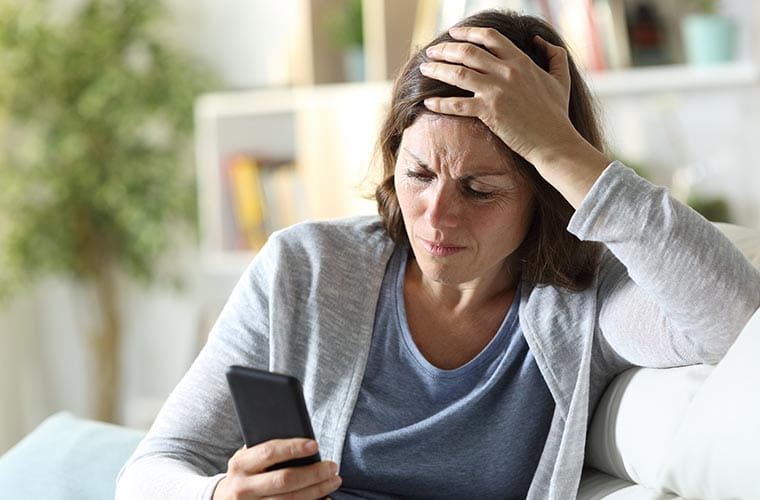How to Deal with Crisis Fatigue

The last two years have been challenging and stressful for many people around the world.
A ravaging pandemic, ongoing economic hardship, and the current Russia/Ukraine conflict are taking a mental toll on people of all ages, leaving them fatigued, anxious and fearful.
As various crises continue to transpire around the world, many people are dealing with a phenomenon mental health experts are calling “crisis fatigue.”
What is Crisis Fatigue?
Crisis fatigue is a term used to describe chronic stress and fatigue, which stems from prolonged conflict, war, pandemic, economic troubles and other challenges. Symptoms can include depression, anxiety, insomnia, bad temper, oversleeping, isolation, lack of interest and lethargy. As a result, many turn to unhealthy habits such drug and alcohol consumption, bad diets, excessive shopping and other addictions.
“This is not a clinically diagnosed condition,” said Dr. Harold Levine, chief medical officer for BayCare Behavioral Health. “However, given the challenges we’ve faced in the last few years, people are experiencing high levels of chronic stress, anxiety, depression and hopelessness.”
How to Manage Crisis Fatigue?
If you or someone in your family is experiencing crisis fatigue, there are several things you can do to manage and help maintain good mental health.
Pay attention to your body. People lead busy lives, and they often forget to listen to their bodies. Dr. Levine says, pay attention to your behaviors, daily routine and sleeping patterns. You should also look after your family, friends and loved ones. If behaviors and tendencies seem atypical, talk to a professional or call your health care provider for help or advice.
Avoid unhealthy habits. If you notice changes in your behavior or daily routine, write them down or keep a journal. “Taking note of daily habits, can motivate you to make adjustments,” said Dr. Levine. “You also should stick to a healthy routine that works for you and your schedule including eating healthy, drinking lots of water and getting plenty of sleep.”
Exercise and practice meditation. It’s important to exercise and stay active. Daily exercise can help ease stress. Go for a daily run or walk outdoors, practice meditation, play with your family and pets or listen to relaxing music. This will help you stay healthy and help release negative thoughts.
Talk to your family and loved ones. If you think the ongoing events are affecting your health, talk to your friends and family about what’s been bothering you. This could help you feel less alone. If needed, you can also talk to a professional or health care provider.
Disconnect from the daily news and reduce use of digital devices. During an ongoing crisis, news media provides 24/7 coverage of those events. Take a few days off from watching the news online and on television and avoid social media. This will help you disconnect from the persistent news coverage and reset your mind. It’s also important to reduce the use of digital devices, especially before you go to sleep. This will help you relax your mind and get better sleep.
Take time off from work. If you think work is burning you out, take a few days off. During this time, try to disconnect from your day-to-day tasks and engage in activities that make you feel good. Taking a break from work can be a healthy distraction.
Get help from a health care professional. It’s easy to become isolated when you’re feeling anxious and scared from the bad news. If you think you’re experiencing the effects of crisis fatigue, talk to a health care professional and how it’s impacting your mental health. This can help you address those issues and feel less alone.
To speak to a BayCare Behavioral Health professional, click here.
